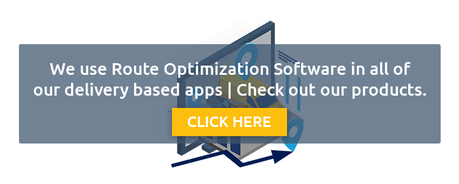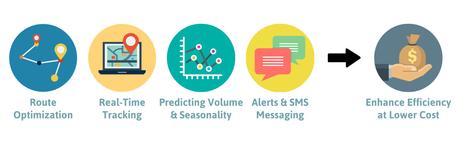Many applications of navigation and guidance systems require the selection of best routes for their operations. A best route is what a navigation and guidance system uses for providing route guidance instructions using navigation sensors.
The definition of best route may be different from one application to another. It may be the fastest route or the safest route.
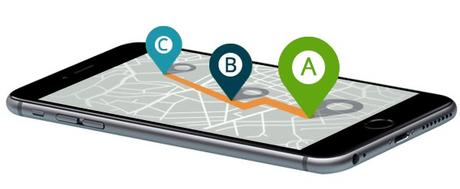
The complexity of computation increases when many parameters and large size of road networks are involved. Conventional algorithms are not suitable for navigation and guidance systems, as they cannot meet the real-time requirement. Alternative approaches, such as heuristic algorithms, have been proposed.
What is route optimization?
It is the process of determining the most cost-efficient route. It's more complex than simply finding the shortest path between two points and includes points such as the number and location of all required stops on the route.
Other factors:
Number of turns or intersections along the route
Left hand turns (crossing the line of traffic)
Best or nearest driver to dispatch on the route
Traffic congestion for current time of day
Best approach to a stop on the route
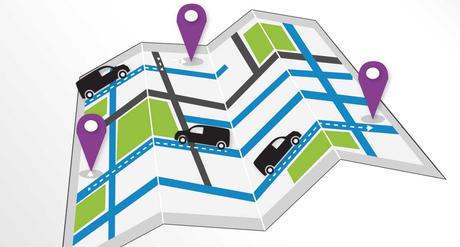
Different route options can quickly add up. With one vehicle and 10 stops, the number of possibilities is 3,628,800. If you have a fleet of five vehicles that number jumps to a whopping 37,267,043,023,296,000.
This is why route optimization is performed by computer algorithms and advanced heuristics that can quickly narrow down the options.
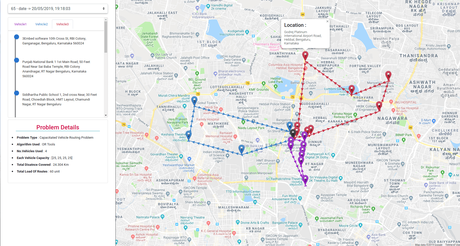
Route optimization solutions help home delivery businesses minimize driving time and fuel consumption by finding the most efficient route for the entire fleet.
Route planning gets complex when you need to account for delivery time-windows, balancing loads across the fleet etc.
Navigation apps like Waze and Google Maps might be considered to get directions from point A to B.

But what happens when you need to plan routes for point A to Z or when you have 100, or 1,000 destinations?
Alternative to Google Maps?
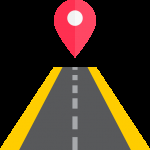 You have routing constraints
You have routing constraints
Time windows: Customer wants their delivery to arrive within a certain timeframe (e.g. 2pm and 4pm).
Driver shift times and breaks: Driver's shift time and break needs to be incorporated into the route.
Vehicle loadsStop distribution and route assignment: The solution must evenly distribute stops across your fleet of drivers, looks for the minimum number of drivers required, or assigns routes to the best or nearest driver.
Driver & Vehicle Prerequisites: Driver with a specific skill-set or customer relationship to a stop.
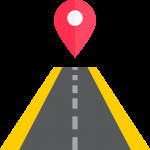 You need to plan the optimal stop order
You need to plan the optimal stop order
Driving distances and working time carry with them high fuel and wage costs. Using a tool can help find the optimal sequence of stops. Manual figuring of a good stop sequence is very time-consuming.
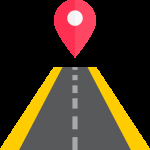 You need to create routes for multiple vehicles
You need to create routes for multiple vehicles
If you have to divide a list of addresses between two or more vehicles, you probably want to determine which drivershould be getting certain delivery orders. The constraints get more complex with factors such as:
- Where in the route the driver will be located relative to another address
- If their shift times intersect with the customer's time windows
- If they have enough room in their vehicle for the order
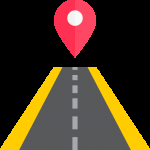 You need to manage the rest of the delivery operation
You need to manage the rest of the delivery operation
There is more for a delivery business to consider than optimal routes. Route planners encounter problems related to fleet management, delivery experience, and internal operations. A software solution should help with the following:
Live Route Progress: Tracking driver location, identifying if they are sticking to their routes, ensuring they're on target for the ETAs and knowing when a problem is happening are critical components of effective delivery route execution.
Customer Status Updates: Modern route optimization platforms can automatically communicate ETAs to customers.
Proof of Delivery: Capturing a signature so proof of delivery can be sent over email protects delivery businesses from a legal standpoint. It also helps customers identify who collected the package, and at what time.
Benefits of Route Optimization Software?
Planning routes in minutes, not hours
The value of time is a non-monetary cost, but it can be translated into a financial spreadsheet.
Weigh the time spent on route planning vs. your wage for that period of time + the additional monetary value you could generate by working on other tasks.
Lowering costs to increase profitability
Route optimization has become important to delivery businesses because of competition in the market space. For profitability, revenues need to exceed costs, but businesses aren't finding room to raise prices.
The biggest reasons customers do not opt for delivery is because of the price. This sentiment has led to a surge in route optimization software adoption for delivery companies.
